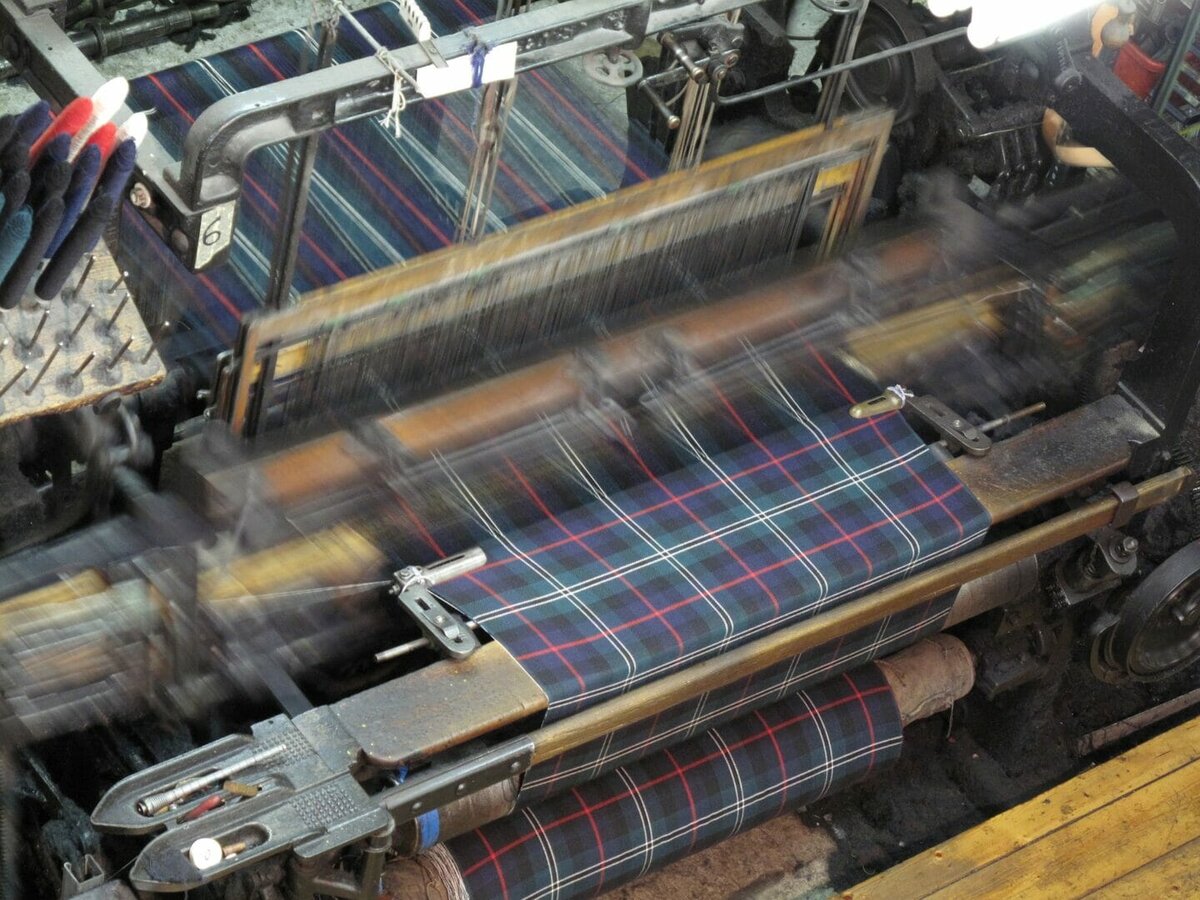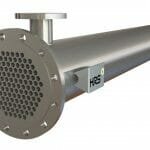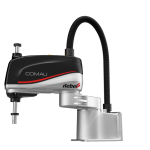In an athletic sprint race, a split second can mean the difference between winning and losing. It’s been shown that athletes who sprint 40 meters wearing spiked shoes can finish 0.11 seconds faster than those wearing jogging shoes. Just like in athletics, using the right components in automated machinery can have a significant impact on performance. Here, Robert Glass, head of marketing at global composite technology company, Exel Composites, explores how using composite machine components can enhance automated production lines.
With consumers demanding more complex products, and in tighter timeframes, manufacturers are always looking for ways to increase production line productivity without sacrificing product quality. Fortunately, upgrading to composite machine components provides a cost-effective way to significantly improve factory performance.
Composites for robotics
The combined materials in composites, and the ability to customize the resin-fiber mixture, mean they have a versatile performance. This can be beneficial in factory and warehouse robots that carry out varying roles, ranging from lifting heavy boxes to handling delicate products.
Traditionally, robot arms and manipulators are made from steel or aluminum. While strong, these materials have the drawbacks of being heavy and more susceptible to rust and corrosion. Instead, delta robot arms can be made using composites.
Lightweight composite robot arms can move more quickly, therefore increasing processing speed and boosting facility productivity. They also have low inertia, allowing swift changes in direction to provide responsive agility and accuracy. This is especially advantageous in robots that are tasked with fast picking and packaging tasks.
Despite their low weight, composites provide high strength, which allows composite manipulators to manage heavy loads. This has particular benefits in warehouse robots moving large products like televisions. Using composite manipulators instead of metal ones increases the robot’s lifting payload; which can also enable perhaps smaller robots to be specified or increased payload per lift cycle.
Transforming textile machines
Elsewhere, composites also improve speed and agility in many applications such as textile manufacturing. Looms and other machines typically perform at very high speeds to produce enough material to meet the demands of industries such as clothing and soft furnishings. However, these lengths of material must also be manufactured with precision in addition to speed, as a loose stitch or threads could cause material quality issues, waste, and loss of productivity.
In rapier weaving looms, finger-like carriers called rapiers repeatably move the yarn back and forth over the width of the fabric to convert miles of yarn into lengths of material. This process can be sped up by using rapiers made from lightweight composites, instead of metal, where the strength and durability of composites mean the rapiers can withstand the increased speed.
Once the material has been woven, a knife trims the ends of the fabric and cuts off the yarn. Here, composite framed knives with high strength and stiffness can perform neater cutting of tough yarns than metal framed alternatives. The low weight of composites also allows swifter knife movements to quickly slice through fabric, therefore increasing manufacturing efficiency.
Just like winning a race in athletics, competitive manufacturing requires high performance equipment. The exceptionally low weight of composites provides moving machine parts with increased speed, while their long-lasting durability and strength ensure components can withstand demanding facility environments. By upgrading to composite machine components, manufacturers can sprint automated production lines to success.
When choosing composite components and suppliers, it’s important to work with a manufacturer that can tailor composite properties to your specific application. Exel collaborates with customers to alter the fibers, matting, and resin system of the composite to engineer the ideal solution. It is important to talk together and have an open discussion about not only the desired technical specifications, but also about composite manufacturing technologies to fully take advantage of what composites offer. Exel Composites has over 60 years’ experience working with manufacturers in a wide range of industries and applications, in many different machinery applications.








